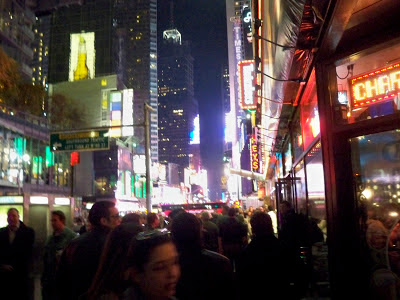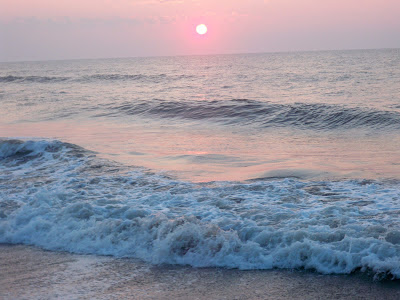Overlay of Cheer
Strong gusts bend the bamboo beside our deck, riffle the hollies, berry-less this year. The sky is an angry purple except for a white strip along the horizon. Christmas is riding in on the west wind.
Yesterday’s last-minute shopping meant parking at the far end of town and backtracking to the bookstore. No gloves for some reason, so I crammed one hand into a pocket, used the other to hold the bags. It was almost dark by the time I got home; Reston Town Center was all decked out for the season.
Now I sit in warmth, willing myself to stand, walk upstairs and dress warmly enough for a windy walk. But first I notice how our tree lights are reflected in the window. They’re an overlay of cheer on a gray and unforgiving world.

